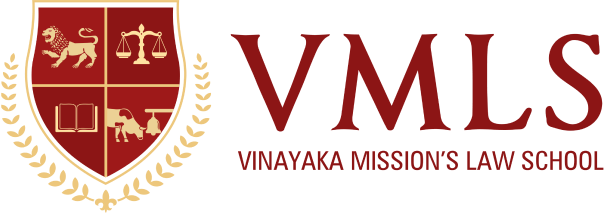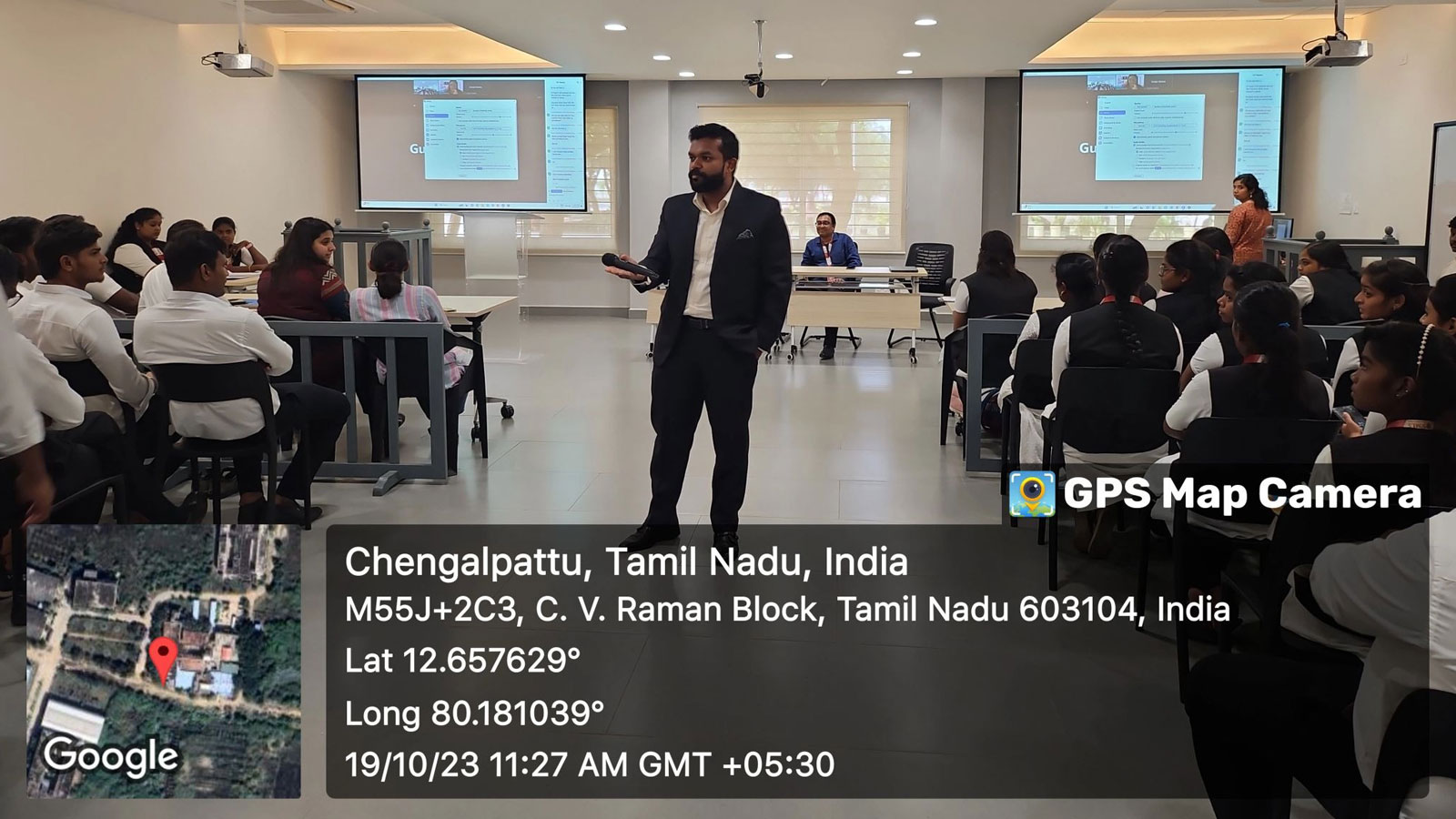The Centre for Justice Through Technology (CJT) at Vinayaka
Mission’s Law School successfully hosted the Flip Case: A Legal
Design Challenge on October 19, 2024, at 11:00 AM in the Moot
Court Hall. This innovative event combined law and design
thinking, challenging participants to rethink and reimagine legal
cases from a creative, problem-solving perspective.
Objective
The primary aim of the Flip Case challenge was to encourage law
students to step outside conventional thinking and explore legal
issues through design methodologies. The event promoted
interdisciplinary collaboration and emphasized the importance of
user-centered approaches in addressing legal challenges.
Event Format
Participants were tasked with transforming legal scenarios by
employing design thinking principles. They were given complex
cases to analyze and then asked to 'flip' the case by redesigning
the legal process or solution to make it more accessible,
efficient, and user-friendly.
The challenge included:
-
Case Presentation: Teams were provided with
specific legal cases and a set of problems to tackle within a
limited timeframe.
-
Design Thinking Application: Participants used
creative tools to develop solutions aimed at improving the legal
process or outcomes.
-
Final Presentations: Each team presented their
redesigned case solutions, showcasing innovative ways to address
legal problems through design.
Conclusion
The Flip Case event was a resounding success, pushing the
boundaries of conventional legal education by incorporating design
thinking into law. The event not only enhanced the participants'
understanding of legal problems but also opened new avenues for
exploring how technology and design can improve the legal
landscape.
The Centre for Justice Through Technology (CJT) plans to continue
hosting such unique events, further integrating technology and
innovation into the legal field for the benefit of both students
and the broader legal community.



